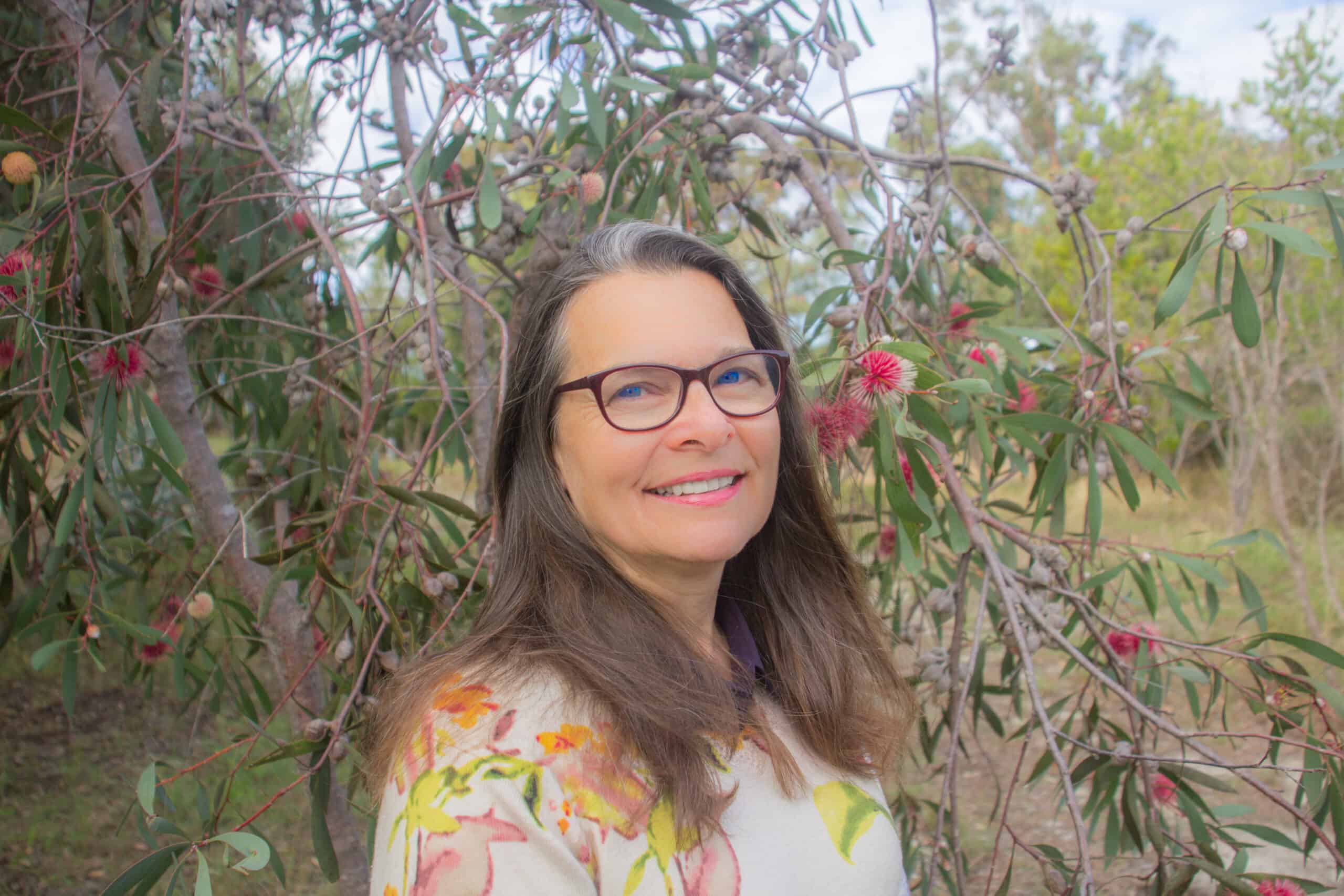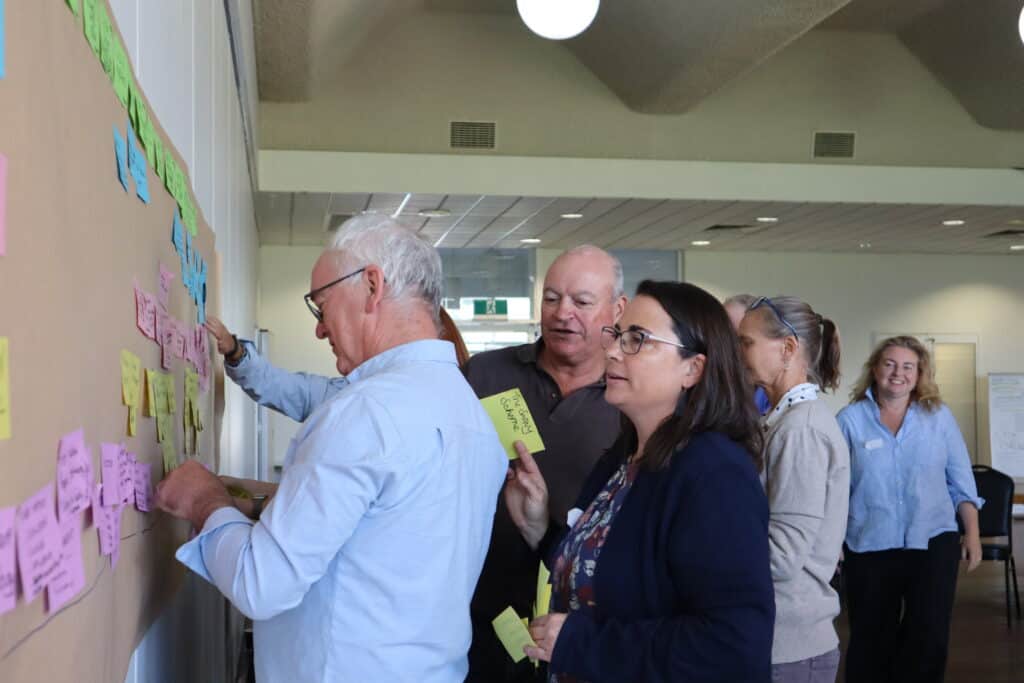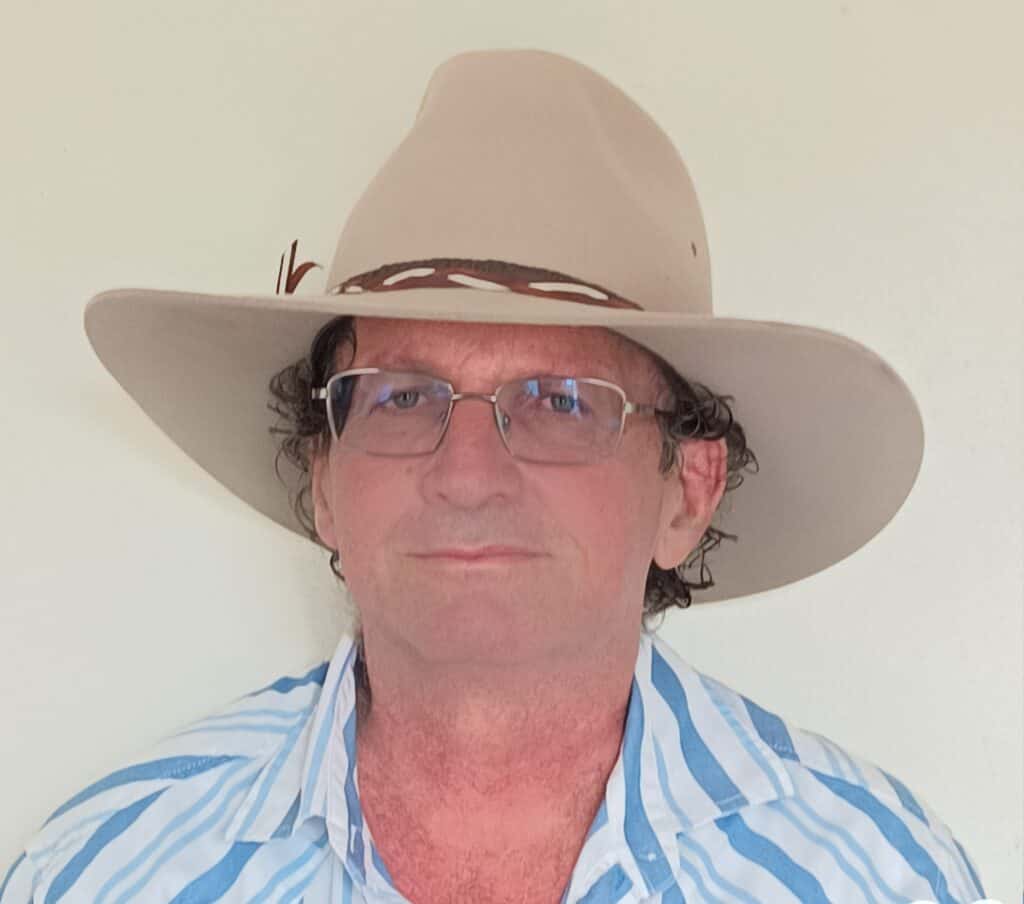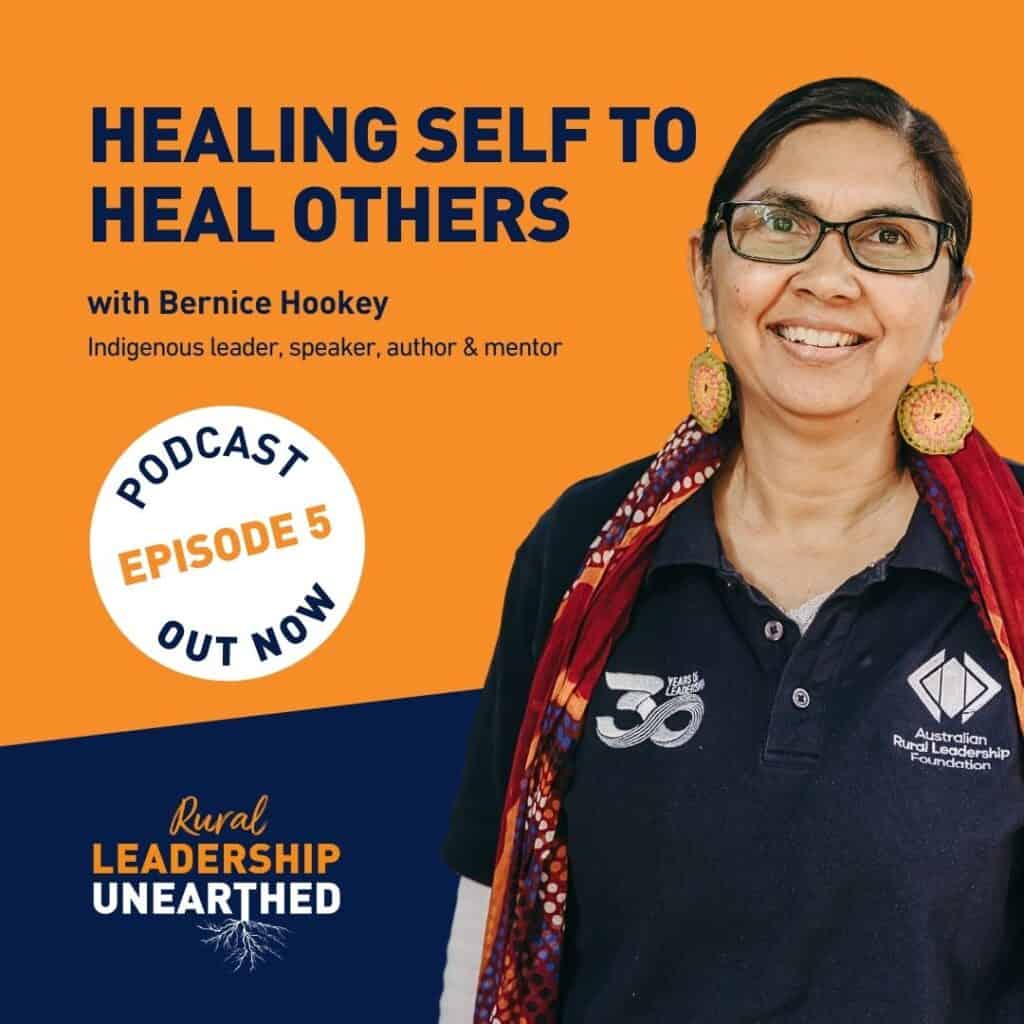Lori-Ann Shibish’s work as a community engagement practitioner means that she has seen the way forced change can affect cohesion when imposed without good leadership and genuine consultation.
Originally from Canada, Lori-Ann now calls the coastal Western Australian town of Esperance her home.
She grew up on a dairy farm in Ontario, Canada, and was a farmer in her own right before studying ecotourism in Perth and making her life in WA.
It seems apt that someone with a background in agriculture and ecotourism would end up in Esperance, a place on the edge of the Southern Ocean, surrounded by farmland, the Great Western Woodlands, wetlands, coastal country, and spectacular beaches.
During her time in this place of natural wonders, she has seen how the prospect of change has caused division, anger and resentment when not accompanied by quality leadership and genuine community engagement.
In fact, it was in the wake of dealing with such an experience that she had the chance to take part in the Leading Australian Resilient Communities (LARC) program.
Through the program, she has been able to work with others on a project which intends to change the way transition is introduced to the community.
The Compassionate Community Charter for Esperance (CCCE) project aims to encourage service providers, businesses, organisations, groups, clubs, families, and individuals to work together to create an Esperance that is resilient, responsive, and understanding.
The project was the brainchild of fellow LARC participant and Esperance resident Meredith Waters, and was to be developed by community, for community.
Lori-Ann feels that with such a charter in place, people and organisations will know what the “rules of engagement” are before entering into project development and discussion, enabling a conversation that is respectful and constructive.
Most recently, she saw first-hand the community angst that erupted when it discovered that its aging Tanker Jetty was to be demolished.
Deemed to be unsafe, the Jetty was a central focus for the community. Opened in 1935, the 670m long structure was synonymous with the town.
Despite the affection townspeople had for it, as a place where people congregated to fish, walk, and ponder on the past, the Jetty was demolished as planned.
It has been replaced with a new structure that follows its line into the ocean and provides many of the amenities of the original jetty. But it is not the Tanker Jetty and the kafuffle over the 1935 version has left the community battle scarred.
Then Lori-Ann found herself, by virtue of employment, at the centre of tense and emotional dialogue regarding the South Coast Marine Park. Here was another issue provoking strong community reactions. The State Government was criticised for failing to implement a truly inclusive community engagement process. While there was support for the park as proposed from some sections of the community, there was bitter opposition and backlash from others, including commercial and recreational fishers who fear their ability to fish will be hampered. It has been regarded by some as the epitome of a failed community consultation process, one in which good leadership was lacking.
Lori-Ann said that she applied for the LARC program as she wanted to upskill her leadership so she could better work with the community.
But LARC provided more than an experience dedicated to leadership. It proved to be perfect timing.
“LARC gave me the chance to reach out for support at a time when I needed it, in a safe and nurturing environment. That alone was a huge learning curve for me in terms of personal development; the act of allowing myself to be supported,” Lori-Ann said.
LARC enabled her to spend time with people and in a place where she felt safe and nurtured.
In addition to providing her with a healing space, LARC helped Lori-Ann recognise what good leadership looked like and how it could dovetail into community engagement.
It reinforced the need for quality leadership to drive effective engagement, while providing direction and ensuring that vulnerable people, the environment, and wildlife were taken care of.
The LARC group hoped that the CCCE project would encourage ordinary people to be part of a dynamic, growing and largely self-organising social movement of volunteers, befrienders, companions, community cafes, compassionate schools, businesses, services, and neighbourhoods.
Regarding leadership learnings, Lori-Ann said that she chose to play a support role in the group to allow others to lead.
“It is good learning for me to work on being an enabler in a group and, where required, to lead from the middle,” she said.
The group explored their personality differences and working styles and delegated tasks according to people’s strengths.
Lori-Ann said that her “a-ha” moment during the program came when she learned about the different feedback styles, especially “ruinous empathy” and “radical candour”.
“I can see now that without an understanding of the different feedback responses, instead of helping a member to grow and heal, one could inadvertently become an enabler which would allow for continued unhealthy behaviours, or a provoker which could create resistance,” she said.
Lori-Ann said learning about different agendas in collaboration helped her better understand community behaviour, and that understanding of the drivers would help her be more empathetic and patient during the process, aware of traps associated with each agenda.
“This understanding allows me to support others,” she said.
Adding to a deeper understanding of the community engagement process was the learning that people feared change because it represented loss, and the knowledge that a counter to this grief was the recognition of opportunities that come with change.
“I now have the confidence to ‘lean into’ conflict and use my new leadership skills to bring the community on the journey of self-discovery and self-reflection, which is what our Compassionate Community Charter is doing,” Lori-Ann said.
“Encouraging the people of Esperance to take actions that affirm caring for one another at times of crisis and loss is everyone’s responsibility. It will be great to see the development of the CCCE to help encourage and guide this vision,” she said.
“Everyone benefits from living in a community where the residents look out for others, care for the vulnerable and the environment and show compassion to those who are experiencing hardship or grief.”
Lori-Ann said that working towards development of the charter and its presentation to the Shire of Esperance was the group’s immediate goal.
“Recently I’ve experienced personal grief over the loss of my employment, under unjust circumstances,” she said.
“The LARC program, through connecting me to like-minded people in my community and providing me with the opportunity to participate in a worth-while project has helped me find personal inner strength to overcome the depression and self-doubt that I have been experiencing.”
“In understanding what it means to be resilient, I was able to unearth that resilience in myself and move forward.”
Lori-Ann said that she wanted to help others realise that community matters, and that we could all be compassionate community champions in our own ways.








